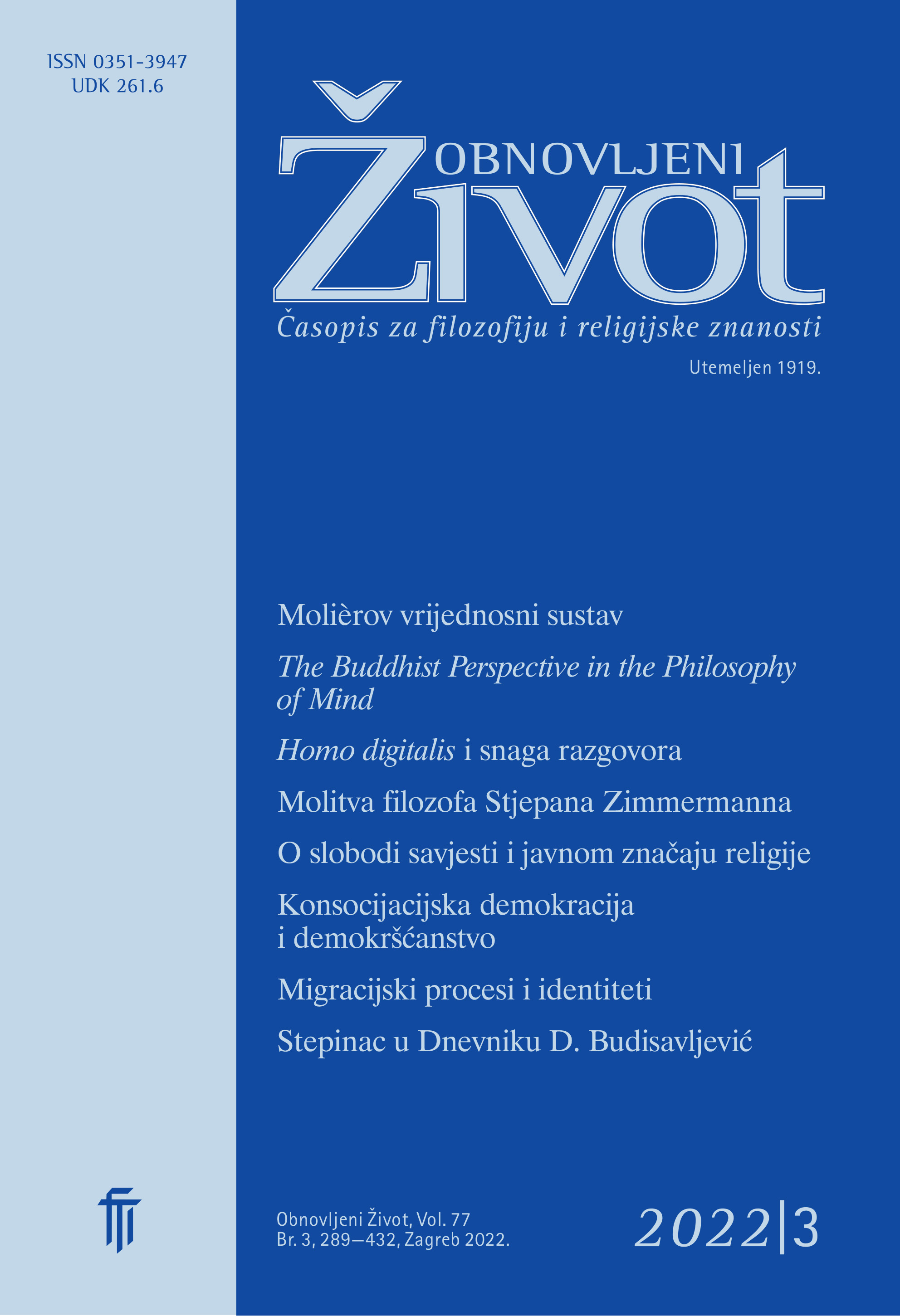Consociational Democracy and Christian Democracy
Keywords:
Christian Democracy, consociational democracy, corporatism, plural societiesAbstract
Consociational democracy is an empirical and normative form of democracy within plural or deeply divided societies. The theory of consociational democracy is largely based on the analysis of the institutional framework and politics in four European classical consociational countries — the Netherlands, Switzerland, Austria and Belgium. This article explains the links between consociational democracy and Christian Democracy that exist on a theoretical and practical level. The first part of the article presents the principles and praxis of consociational democracy. The second part of the article provides an overview of current knowledge on the links between consociational democracy and Christian Democratic parties with an emphasis on corporatism. The third part of the paper explains in detail the Christian Democratic conception of democracy and its connection with the model of consociational democracy. The analysis showed that Christian Democracy is theoretically related to consociation due to a counter–majority and non–conflict understanding of democracy. On a practical level, Christian Democratic parties had a prominent political position in all four European classical consociational countries in which they acted as the voice of a Catholic pillar and played a central role in shaping the institutional framework of these countries. Due to an inherent heterogeneity, Christian Democratic parties developed the consociational practices of inclusion and mediation of different class interests which made them a prototype of catch–all parties.
Downloads
Published
Issue
Section
License
Jednom prihvaćeni članak obvezuje autora da ga ne smije objaviti drugdje bez dozvole uredništva, a i tada samo uz bilješku da je objavljen prvi put u Obnovljenom životu. Uredništvo će obavijestiti autora o prihvaćanju ili neprihvaćanju članka za objavljivanje.
Članci objavljeni u časopisu se, uz prikladno navođenje izvora, smiju besplatno koristiti u obrazovne i druge nekomercijalne svrhe.


